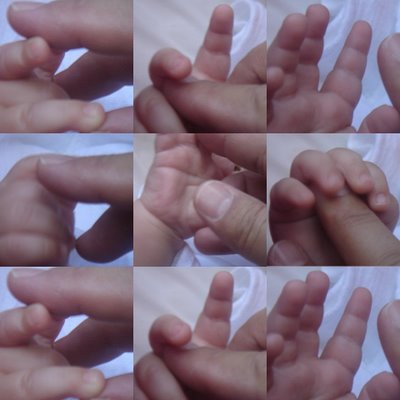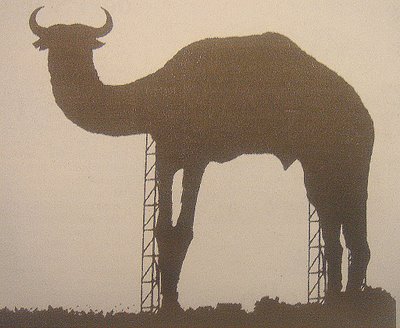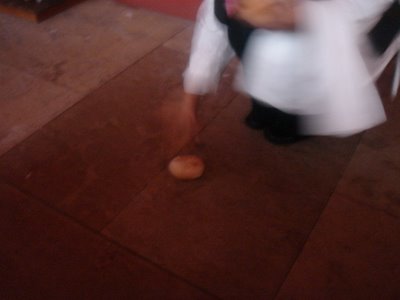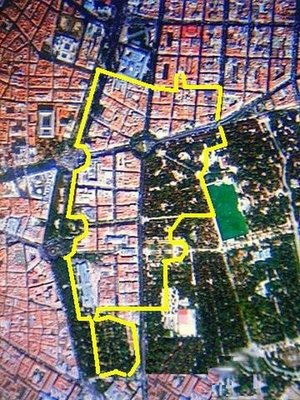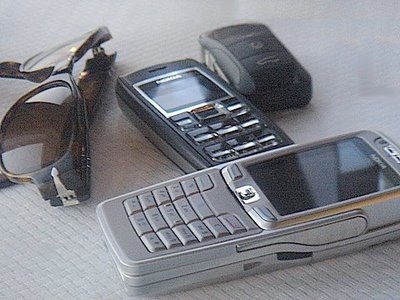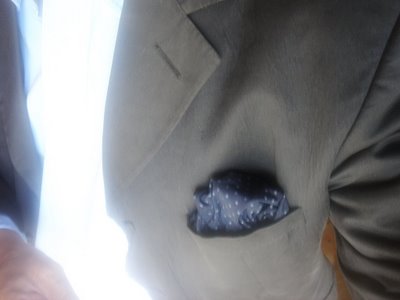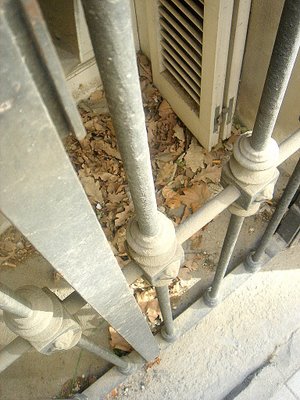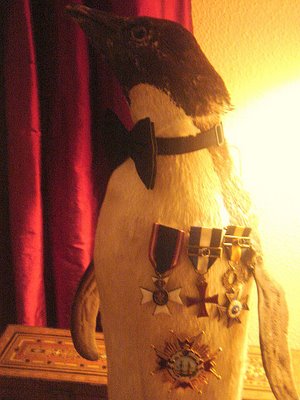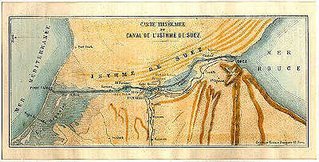
1956 is a date this blogger of yours most cherishes for obvious reasons. There were plenty of very eventful developments on that year, although I allways felt a bit let down because not one single Port wine House declared a Vintage in 56. The two obvious political iconic dates are Budapest and Suez. History will confirm their particular relevance .
The Suez Crisis has been a favorite of the British media for ages. The masochistic trait in Britishness is evident in all that salt being rubbed in the wound of the vanishing Empire. A détour here, please.. During my London times I witnessed Black Wednesday when the Pound was flushed out of the Exchange Rate Mechanism by the tsunami of the currency markets (only Soros could surf those waves...). Why am I telling this? Well, at the time of the débacle of the Pound a precedent was invoked for this drama of seeing Her Majesty's Government surrendering to the Markets. Suez, you guessed right. It was the catastrophic fall of the British Pound that ultimately convinced Anthony Eden that the game was over.. One should return to Suez from time to time...
Of all that I've read about Suez at 50 I particularly like what Samia Serageldin ("The Cairo House") wrote the other day in her blog http://www.thecairohouse.com/blog/ : "The fiftieth anniversary of the Suez crisis was marked by the media worldwide, with some essays more thoughtful than others. My father had just turned thirty years old in October 1956, when Egypt was attacked by Israeli, French and British forces. Nasser's 1952 coup d'etat had stripped him and his class of landowners of their property, and his oldest brother, a politician and party leader, had been tried and condemned to death (later freed) as ancien regime enemy of the people. It might have been reasonable to assume that a man in my father's position would have welcomed, or at least stayed neutral about, the foreign invasion that promised to topple Nasser's regime and return the status quo ante. He did nothing of the sort: he took his family to the safety of the countryside, and returned to Cairo to volunteer for the civil defense. That's human nature: when your country is invaded, you close ranks. That is one of the lessons of Suez, perhaps, that it would have been well to remember three years ago. Along with this: Suez made Nasser a hero, not to my father, but to the vast majority of Arabs."



